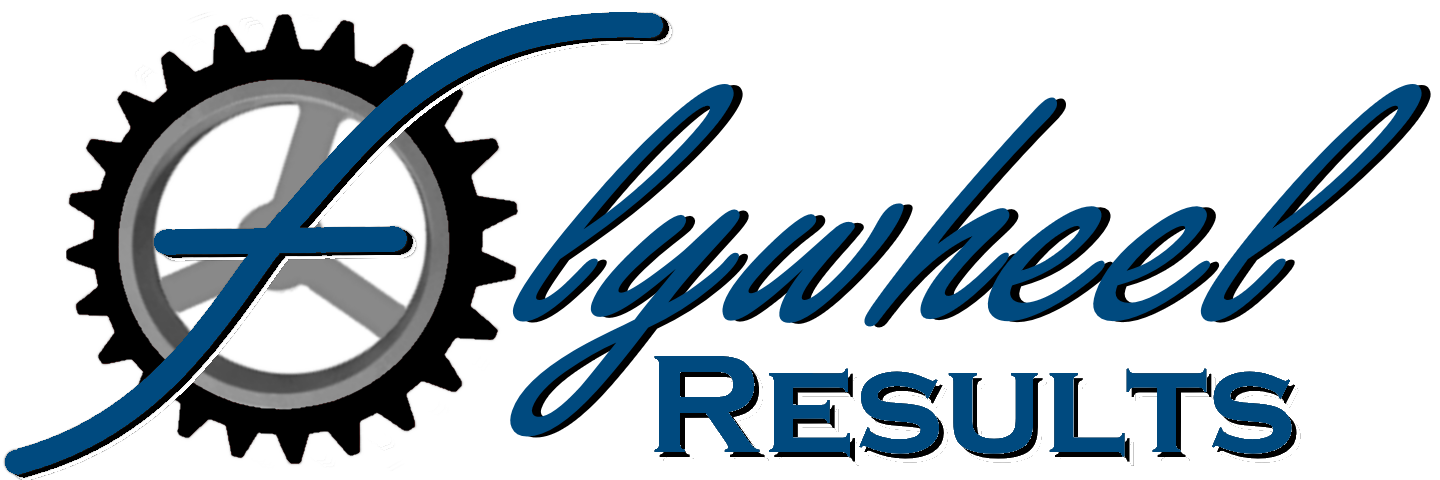Flywheel Thoughts
Latest Posts

You are never going to save your way to a million dollars
In a recent conversation with colleagues I was reminded of a story I like to share with sales trainees.
There was a time when the Sunday paper was HUGE! On Sunday morning either my wife or I would go down to the corner store and buy a copy. We would skip past the front page, ignore the world news, and discard the local section. Maybe – MAYBE- later we would return to the real estate and sports sections. But the first thing we wanted to get to was what we called “the guts”.
We wanted to get to the flyers and coupons, all wrapped up neatly by the comics. It was the coupons we really valued. We figured if we spent $2.50 on the paper but saved more than $2.50 by using coupons we were MAKING money!
However, there were a lot of Ifs for us to consider before any real “money making” would take place.
If we were already intending to buy the item, versus taking on a new purchase, we could save some money. (Very often the coupons enticed us to buy new things that weren’t on our list.)
If we remembered to bring the coupons to the store when we shopped we could save some money. (We had to execute on the intended plan, but we forgot the coupons at least 75% of the time!)
If we set aside the savings in an account specific to growing our wealth we could ACTUALLY save some money.
It’s this last point that is critically important! If we saved, generously, $10 per week on our groceries (after subtracting for the cost of the newspaper), and set that money aside, that would work out to over $500 per year. While not a path to a million dollars, that’s not a bad way to fund Christmas presents for the kids.
But even if we executed flawlessly on cutting and redeeming coupons, unless we specifically put that $10 per week into a separate savings account we didn’t really SAVE anything. We might have spent less at the grocery store, but our money was always spent elsewhere during the week. (It always seems like there’s more bills than budget, right?)
Eventually we recognized that not only were we not making money buying the paper, we were losing it. The newspaper, once thought of as an “investment”, became a cost. And what do you do with costs? Reduce them and eliminate them.
What could have made a difference? A Christmas fund. Had we taken one more step - applying the savings towards something tangible, something that mattered to us, something less nebulous than “savings” - we might still be cutting coupons every Sunday.
This is why I coach sales reps to stop selling “savings”. Instead, help your prospects take it one more step. What would they DO with those savings? What problem are you solving for them?
If your audience is Marketing, how many more impressions or views could they generate with 10% more budget?
If your audience is HR/ Recruiting, how many more qualified candidates will apply with 10% more ad spend?
If your audience is Sales, how much more revenue can they generate with 10% more leads?
If your audience is Finance, well, they probably do value savings.
Basic sales strategies tell us to speak to our audience in terms that they care about. While saving money is always good for an organization, individuals within the organizations have specific goals to meet. If your solution helps save them money that they can then leverage to solve their problems and meet those goals, help them see how.

